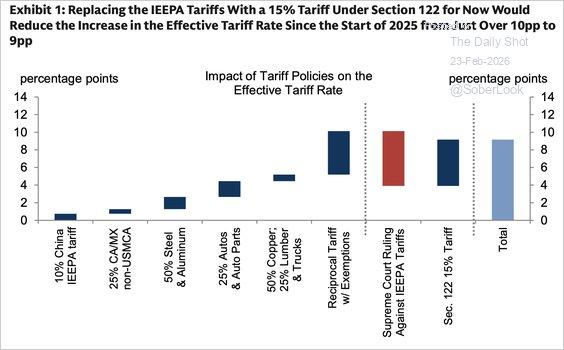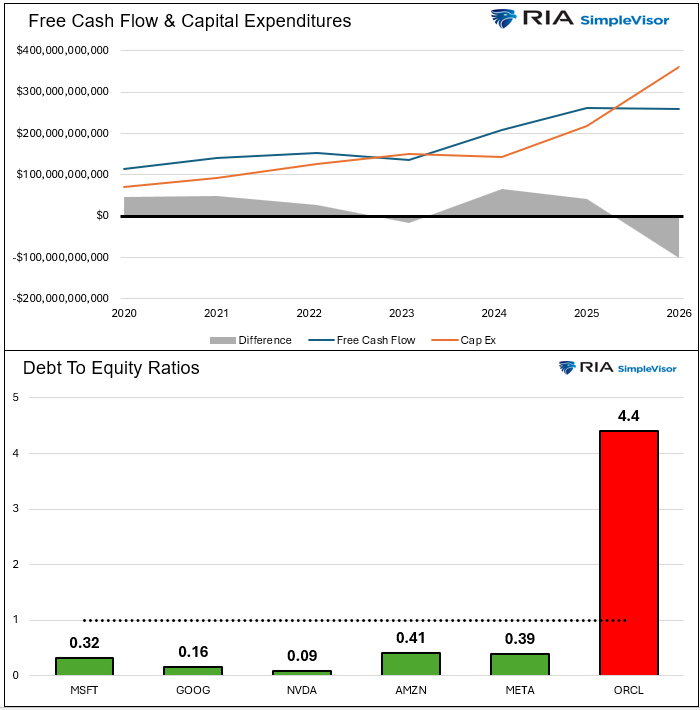
A low income tax rate and beautiful views in Zug. Not a bad place to live. © Keystone / Alexandra Wey
A comparison of tax rates across different cantons and cities found that Zug – home to many multinational companies – offers the most attractive tax regime for families.
According to an analysis by the French-language paper Le Matin Dimanche, a married couple with two children and a modest income of CHF60,000 ($66,000) doesn’t pay any income tax in Geneva and Zug. In contrast, the family would pay CHF1,562 in the city of Biel in Canton Bern.
A couple without kids and a higher salary of around CHF125,000, pays CHF5,451 in taxes in Zug. In Geneva, they would pay three times more in taxes and even four times more in Neuchâtel.
Geneva has a much more progressive tax rate than other cantons. As soon as a couple reaches an upper middle-class income of about CHF175,000, residents pay much more in taxes than those in neighbouring areas. Millionaires also pay a hefty share in Geneva relative to other cities and cantons.
In the French-speaking part of Switzerland, the city of Sion has the lowest tax rate whereas Lausanne and Neuchatel have gained a reputation for being a “fiscal hell” says the paper.
Canton Zug is well known for its fiscal attractiveness that has led firms such as commodities and raw materials giant Glencore and multinational Johnson & Johnson set up shop in the canton. It’s also been positioning itself as the capital of cryptocurrencies.
In June, the Zug parliament agreed to reduce the tax rate as an attempt to relieve pressure on families during the coronavirus crisis. This was met with criticism from left-wing parties as a public relations move.
Switzerland’s tax system
Switzerland levies taxes at the federal, cantonal and local levels, with cantons setting their own rates. Wide variations exist: on a salary of CHF100,000, for example, rates can vary from below 8% (canton Zug) to almost 25% (canton Basel City).
Rates are graduated according to levels of income and assets, as well as family status; for example, married couples currently pay more than non-married couples, something the Federal Council nevertheless wants to change. A people’s initiative on the subject was withdrawn earlier this year.
In general, taxes tend to be lower than in much of Europe.
Cantons also retain control over coporation tax rates, which also vary throughout the country, and are often low. However, international pressure has led to efforts to overhaul and harmonise the system, including a May 2019 vote that led the scrapping of preferential tax deals for multinational firms based in the country. Many cantons have been lowering corporate tax rates to remain attractive to firms.
Tags: Business,Featured,newsletter,Politics


































